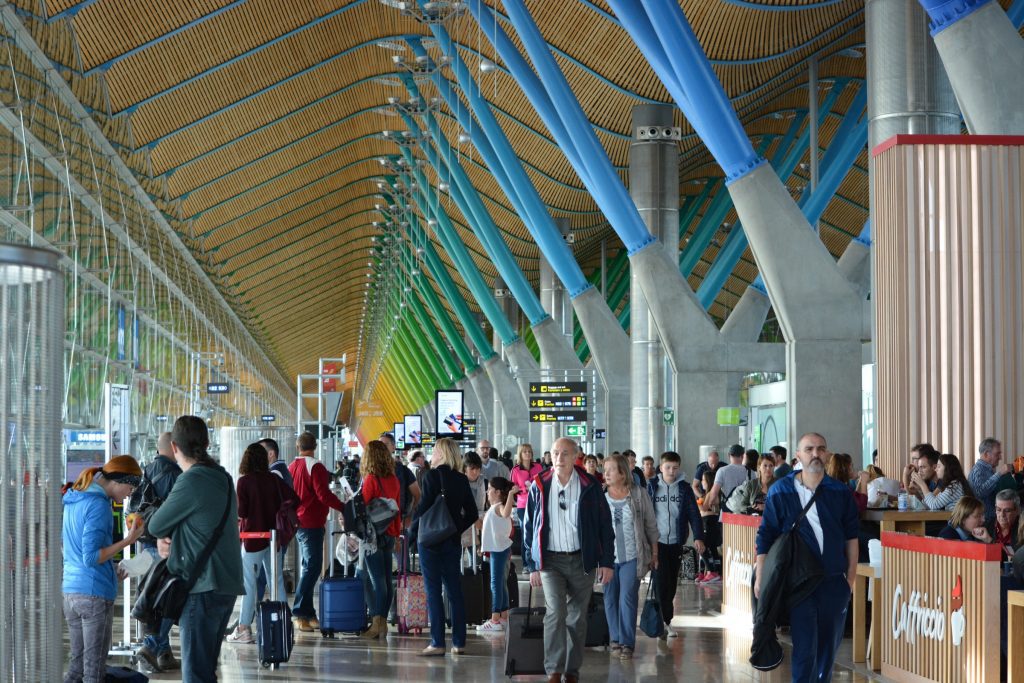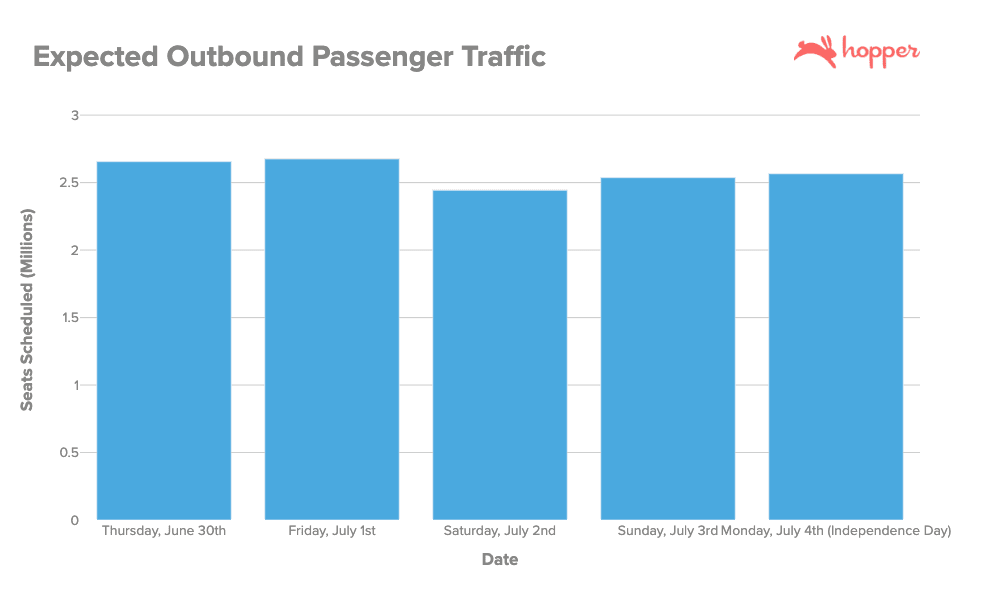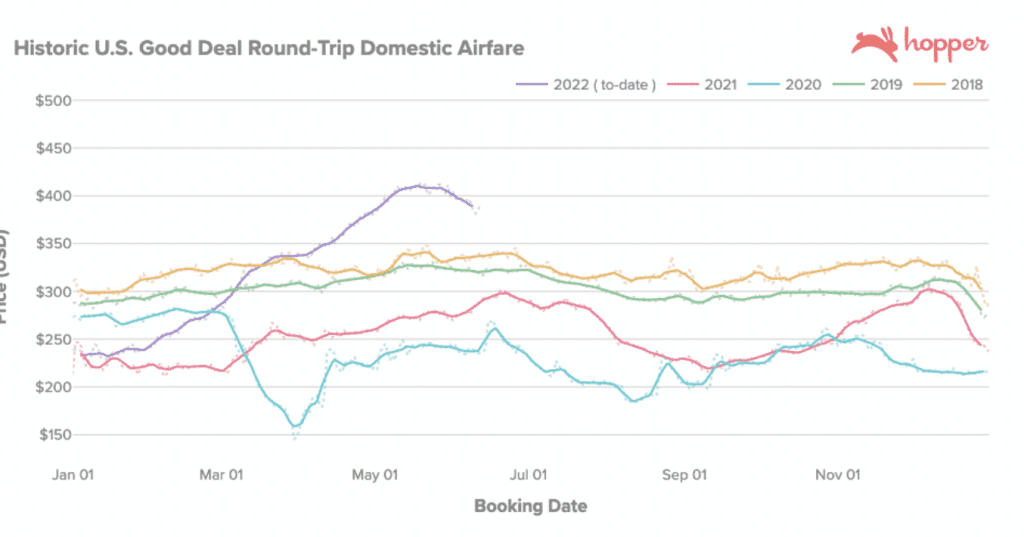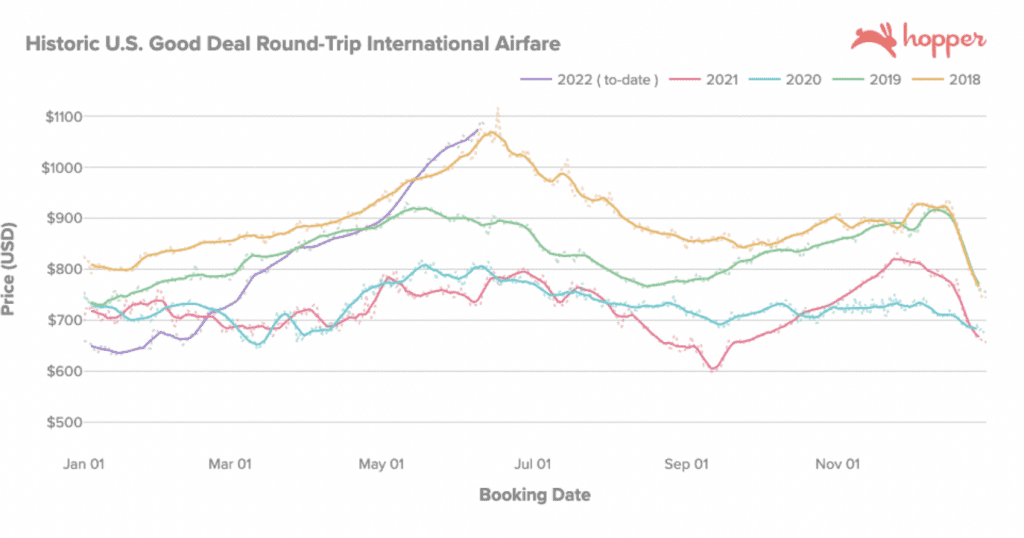Cloudbeds, a San Diego-based software company that helps independent hotels set their set their rooms and market their inventory online, has integrated with Vrbo — the API integration will allow property owners and operators to manage all aspects of their Vrbo listings through the Cloudbeds platform.
Vrbo presents an opportunity for Cloudbeds customers to maximize their bookings and with access to top distribution channels worldwide, enabling them to enhance their visibility, tap into new markets, and attract diverse types of travelers.
“Our mission at Cloudbeds is to power all segments of hospitality, delivering owners and operators technology capable of competing with the big brands,” said Richard Castle, co-founder and COO of Cloudbeds. “It gives us great pride to be one of the few official software partners of Vrbo, and we’re excited to provide even more opportunities for our properties to reach new travelers.”
This announcement comes shortly after Expedia Group, which owns Vrbo, terminated its relationship with Hopper over a variety of practices that Expedia believes are anti-consumer.
The decision to terminate the partnership was driven by specific reasons: As Hopper’s product evolved, the company said that certain features of the platform took advantage of consumer anxiety and caused confusion among customers, leading them to purchase services they didn’t actually require or comprehend fully.






